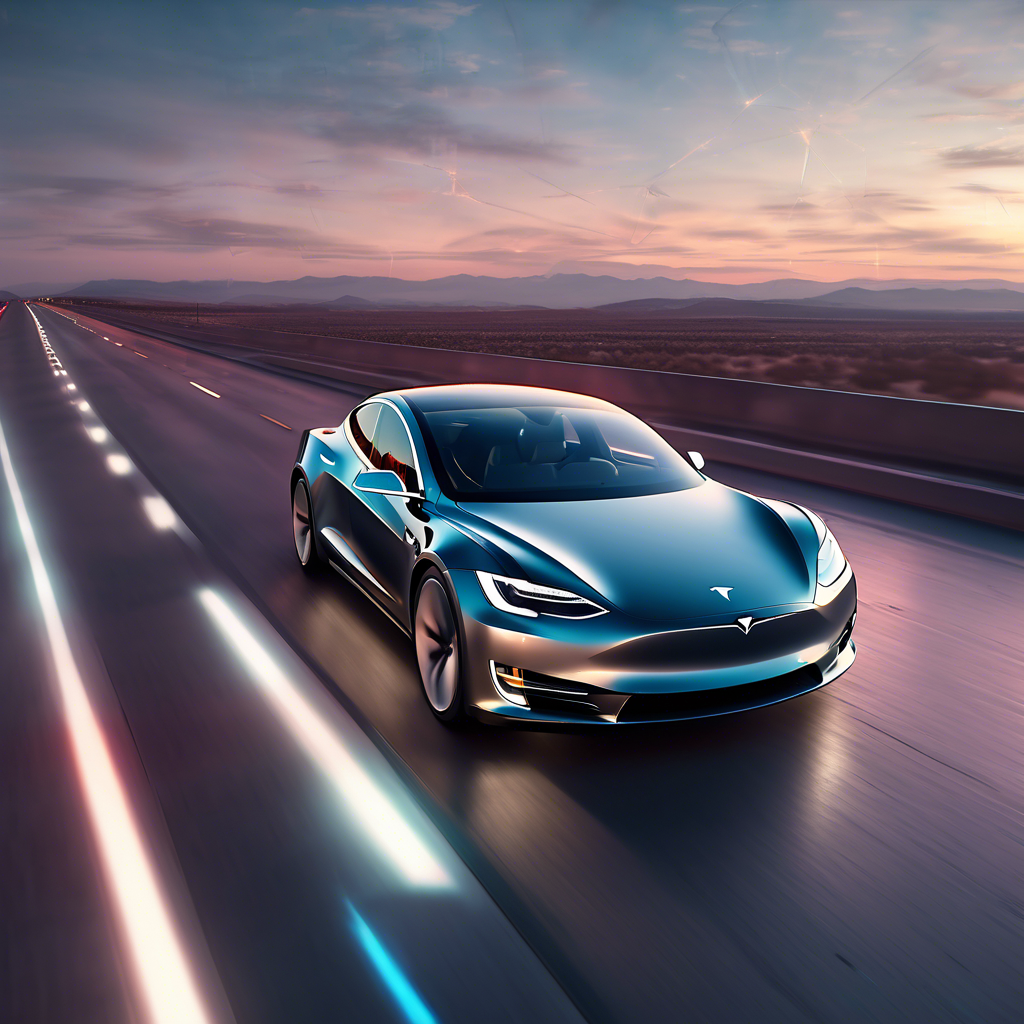None

Analysts have stated that the new export regulations implemented by Washington, aimed at preventing the Chinese military from acquiring advanced AI chips for weapons development, may impede the PLA's modernization efforts, although the immediate impact is expected to be minimal. Zhou Chenming, a researcher at the Beijing-based Yuan Wang military science and technology think tank, mentioned that the PLA primarily relies on regular 45-nm and 28-nm chips to support its active weapon systems and does not necessarily require the advanced A100 and H100 chips mentioned in the new bans. Zhou also added that while the military utilizes supercomputers and AI models such as ChatGPT, China has developed its own substitute chips, similar to what Huawei has achieved with its Kirin 9000s. The US Commerce Department recently tightened the existing export restrictions regarding advanced computing semiconductors, chipmaking tools, and other cutting-edge items that support AI applications in advanced weapon systems. These measures were introduced shortly after Huawei Technologies unveiled its own advanced seven-nanometer Kirin 9000 chip, which is rumored to have been based on chips produced by US chipmaker Nvidia. In response to these developments, the US has further limited the types of chips that American suppliers can export and has added Chinese GPU chip start-ups, Moore Thread and Biren, to its "entities list". Timothy Heath from the US-based think tank Rand Corporation highlighted that while China appears to have made successful advancements in developing chips for military purposes, the specifics of its domestic advanced semiconductor production remain unclear. Heath mentioned reports suggesting that China is repurposing older manufacturing equipment, which could result in costly and relatively small-scale production of these chips. The concern in Washington has been further fueled by Huawei's release of the Kirin 9000 chips, as it has prompted worries about China's ambition to narrow the technological gap with the US in next-generation weapon development. Kim Dae Jong, a business professor at Sejong University in Seoul, supported this view, stating that the US export controls are driven by fears that China could utilize technologies similar to the Kirin chip in advanced weapons to gain a military advantage.
Lennart Heim, a research fellow at Oxford University, categorized the revised chip export controls as an effort to address certain loopholes and shift the focus solely to computational performance. He explained that these controls would impact any military operations that heavily rely on computation, such as training or deploying frontier models. Heim added that the primary goal for the US is to protect its competitive edge. However, Andrei Chang of Kanwa Asian Defence mentioned that these new measures are not expected to hinder the PLA's equipment modernization for the next few years. Chang highlighted that Beijing has already stockpiled a significant number of advanced chips and chipmaking tools imported from various countries as part of its "Made-in-China 2025 Plan. " Nonetheless, Zhou mentioned that the new rules would have a long-term impact as Washington is likely to ban the flow of high-end chip-making tools and raw materials into China during regular reviews. Song Zhongping, a defense analyst and former PLA instructor, argued that the stricter regulations and bans would push Beijing to allocate more resources towards developing its own high-end chip technology, benefiting both its military modernization and space program. Experts outside China anticipate that Beijing will make extensive efforts to narrow the chip gap in line with the PLA's goal of becoming a modern fighting force comparable to the US by 2035. The advanced chips in question are crucial for training and running large AI models, aiding decision-making, planning, logistics, and potentially being utilized in advanced weaponry such as hypersonic missiles.
Brief news summary
None
AI-powered Lead Generation in Social Media
and Search Engines
Let AI take control and automatically generate leads for you!

I'm your Content Manager, ready to handle your first test assignment
Learn how AI can help your business.
Let’s talk!
Hot news

AI Ethics: Navigating the Challenges of Autonomou…
As artificial intelligence (AI) systems become increasingly autonomous, ethical considerations regarding their development and deployment have taken center stage in global conversations.

Robinhood doubles down on crypto with its own blo…
Financial services firm Robinhood (HOOD) has expanded its crypto and investing offerings, enabling European users to access tokenised US stocks and giving American customers the opportunity to earn rewards by staking cryptocurrencies such as ethereum (ETH-USD) and solana (SOL-USD).

Elon Musk Announces Grok AI Integration in Tesla …
Elon Musk, the visionary CEO of Tesla and AI startup xAI, has announced a major advancement in integrating artificial intelligence into electric vehicles.

Japan’s Gates to tokenize $75M in Tokyo real esta…
Japanese real estate investment firm Gates Inc.

xAI Debuts Grok 4, 'Smartest AI in the World'
On July 10, 2025, Elon Musk and xAI officially introduced their latest AI model, Grok 4, in a highly anticipated livestream event.

Bitcoin Reaches New All-Time High Amid Regulatory…
Bitcoin has recently surged to a new all-time high of $112,676, marking a significant milestone that reflects strong, sustained bullish sentiment among investors and traders.

Microsoft Racks Up Over $500 Million in AI Saving…
According to a recent Bloomberg News report, Microsoft has effectively utilized artificial intelligence (AI) to achieve substantial cost savings and enhanced productivity across multiple business areas.

 Auto-Filling SEO Website as a Gift
Auto-Filling SEO Website as a Gift








 Auto-Filling SEO Website as a Gift
Auto-Filling SEO Website as a Gift

